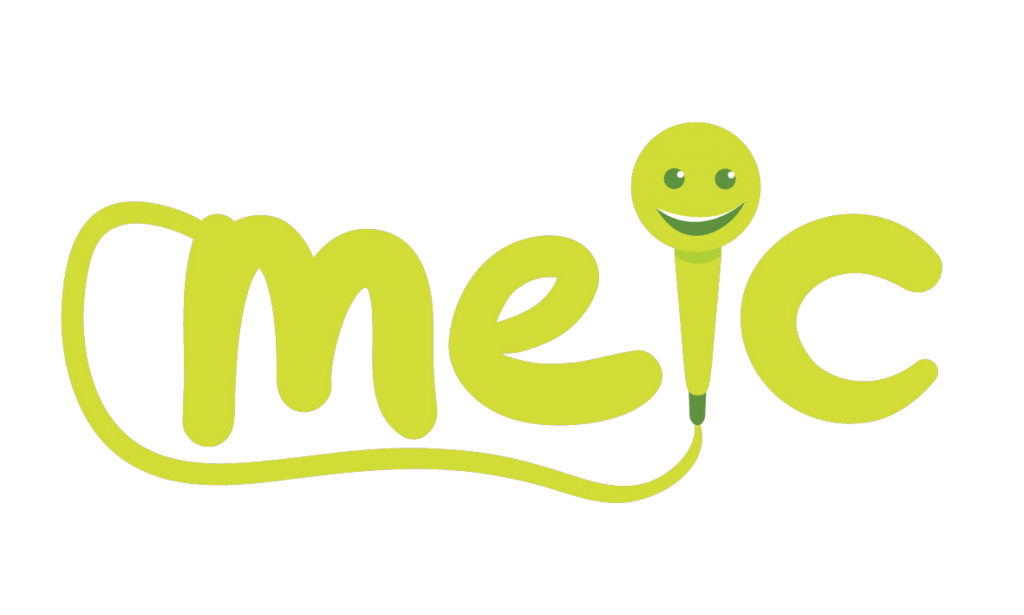As of 2022, 4.6 billion people use social media. But, this may have more negative impacts than we initally think. Here’s why…
The curse of social media
Social media has many uses for good, from connecting with long-distance relatives to finding people outside our normal social circles who “get us”. It can help as a tool to combat loneliness, find job opportunities, for learning, and as a way of self-expression.
However, it’s also important to note that there are many problems with social media, many of which we can’t actually acknowledge without more of an understanding of how the platforms work.
The problem with social media is that despite all the bad, there are many good elements. Social media isn’t inherently bad, but it’s important to have some understanding of the role that we play in society when we use social media. So, let’s start from the beginning…
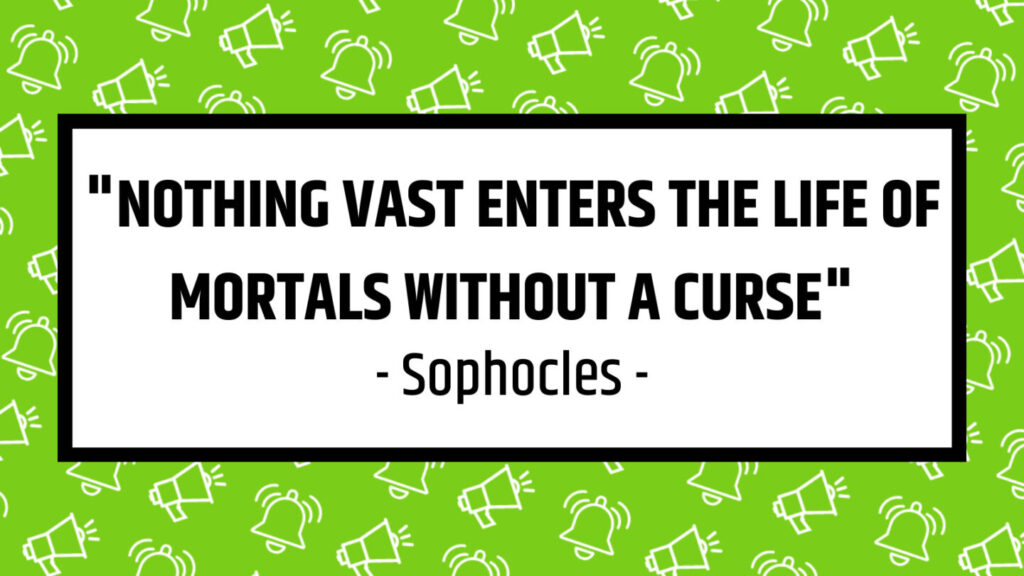
From information to disinformation
When the internet was first created, we entered an information age where knowledge was easily and readily available, quickly and cheaply online for all. With the expanse of the internet at such a rapid rate, there was an inability to keep up with the ever-changing landscape of what this meant.
The rise of social media platforms allowed people to share their thoughts and opinions as fact, with very little ability to monitor or regulate this content. When you see something online, it’s so hard to know whether it is true or false. In fact, it doesn’t really matter whether something is true or false, as the most interesting version of the story is likely to be more successful, even if it’s not accurate. Hence, the increase of disinformation.
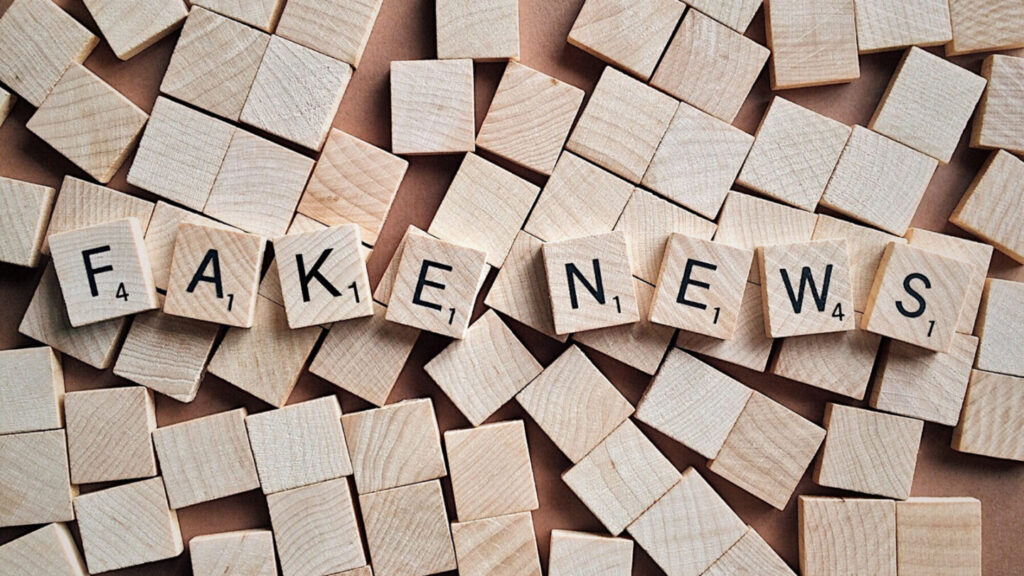
How do humans fit into this?
I personally use social media as a way to connect with my friends and family, share things about my life, and be included in the many conversations that occur online. I used to think that by using social media platforms, I was a customer of Instagram, TikTok, Snapchat, Facebook, and LinkedIn.
After watching The Social Dilemma, a Netflix documentary about social media, I was alarmed to find out that I am in fact a user, a term which I found rather disturbing when it was explained to me. Edward Tufte said that there are only two industries in the entire world that refer to their ‘customers’ as consumers: illegal drugs, and social media. The common factor is addiction.
Social media addiction is intentional
Social media has been created to be addictive in order to get us to spend more time on the platform. For example, the notifications we receive and the content we see are strategically implemented are for a purpose. Additionally, when we pull down on the screen to refresh the feed, it acts as positive intermittent reinforcement – just like gambling!
The more time we spend on social media, the more data we provide to social media platforms to build up profiles of our online activity. Everything you watch, interact with or search online is all being tracked and carefully recorded and monitored by tech companies to know how we feel, where we are, our likes and dislikes, how we identify, and so much more! This is known as surveillance capitalism.
This can then be sold to advertisers who want to show their products to the right people in the right places. In other words, advertisers are the customers and humans are the things being sold. Another thing that The Social Dilemma highlighted to me is that if you’re not paying for the product, then you are the product. More specifically, our attention is the product.
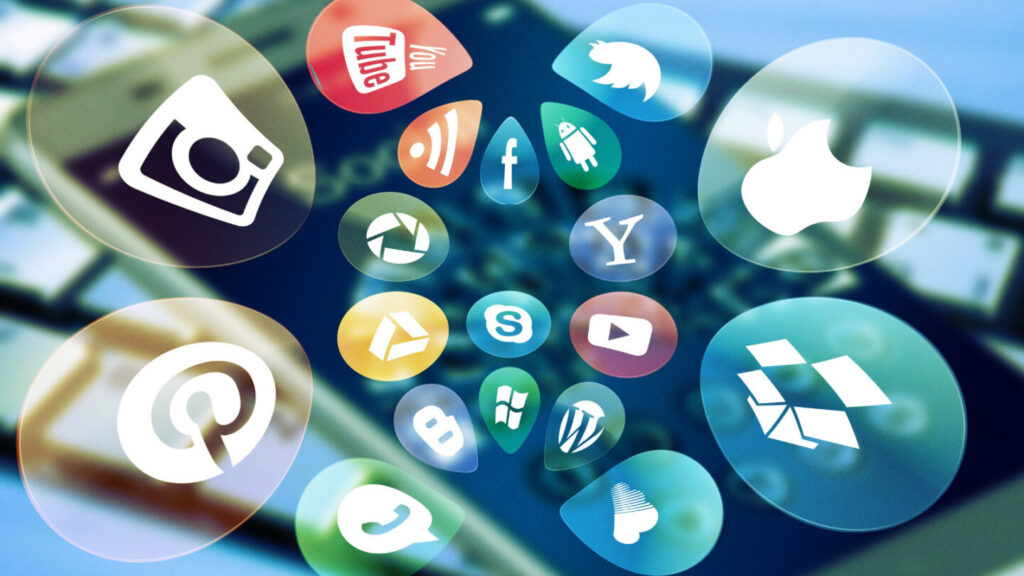
Money is at the heart of social media
How does this work, you may ask? Well, there are three main goals from social media platforms to make their business model work: engagement, growth, and advertising.
- Engagement – social media platforms feature algorithms that build pictures of us based on our online behaviours. Then, they do things to drive up out usage so we stay on the platform and keep scrolling. The more time there means the most money.
- Growth – Once you’ve got a lot of time on the platform, social media platforms are designed to keep you coming back. They’ll try to get you to invite your friends and sharing content, for example, so that it can reach more people. More people on the platform equals more money.
- Advertising – Advertising is another goal of social media platofrms, and the one that links the other two goals together nicely. Throught the most engament and growth, advertisers bid to have their advert on the biggest platforms with the best engagement. The reason being… you guess it… to make as much money as possible!
All these goals are powered by algorithms that try and figure out how to optimise goals. These algorithms are created by humans, but actually, almost have a mind of their own.
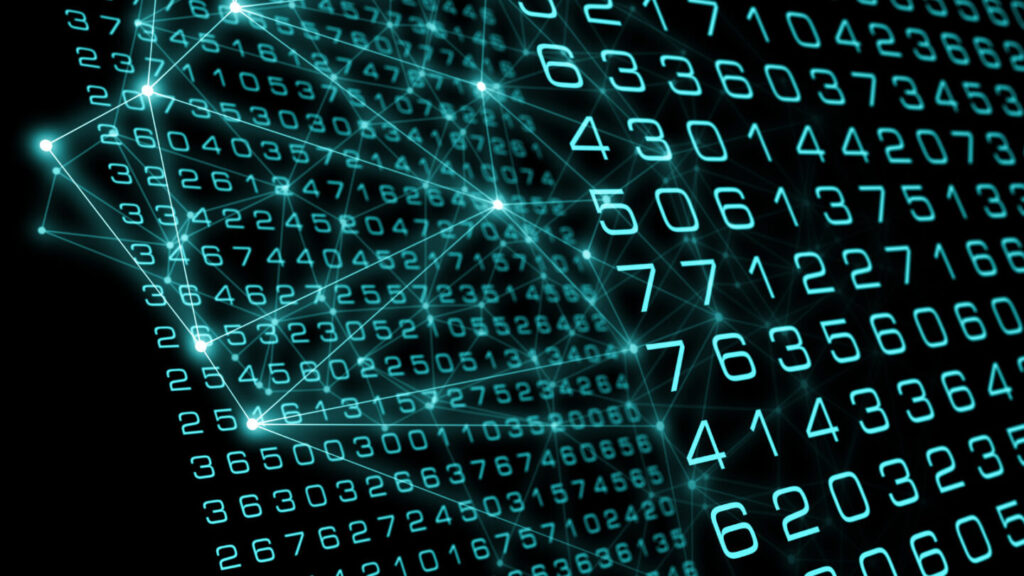
How it affects us
As a user of social media, we are susceptible to both positive and negative effects. Sometimes, the positive effects of social media may actually be more harmful than good. For example, sharing a post and getting a lot of likes may make us feel good.
However, this builds a culture of fake, brittle popularity in the form of likes, thumbs up, hearts and comments. We then compare this post to our previous posts, and if it didn’t do as well, we feel disappointed. Growing self-esteem out of something so externally out of our control has been suggested to have led to an increase in anxiety, depression, and eating disorders.
Additionally, to occupy space online you’re forced to boil down your identity to something very simple and digestible. We are encouraged to put ourselves into boxes so we can fit into a tribe and interact with those who possess a similar identity so we feel seen and heard. Whether it’s sexuality, gender, race, class, job title, or religious beliefs, everything you’re shown on your feed is tailored to how you identify online, whether you know it or not.

What can we do?
In short, having an understanding of how social media works and the role that humans play in it is key. It’s imperative to note that social media changes at rapid rates, so keep learning from people within the industry about what’s happening. Think critically and don’t take anything at face value.
To escape the grasp of social media, some people have deleted their social media accounts entirely in order to feel that they have some freedom. For me, this isn’t an option as I work in social media and unfortunately, I know as much as it is damaging to my mental health, I feel I still need to use it to be involved in society. Instead, I try to limit my screen time on social media so I’m not spending 4+ hours scrolling into an abyss.
Here are some tips from The Social Dilemma website about things that you can do to reboot your social media use.
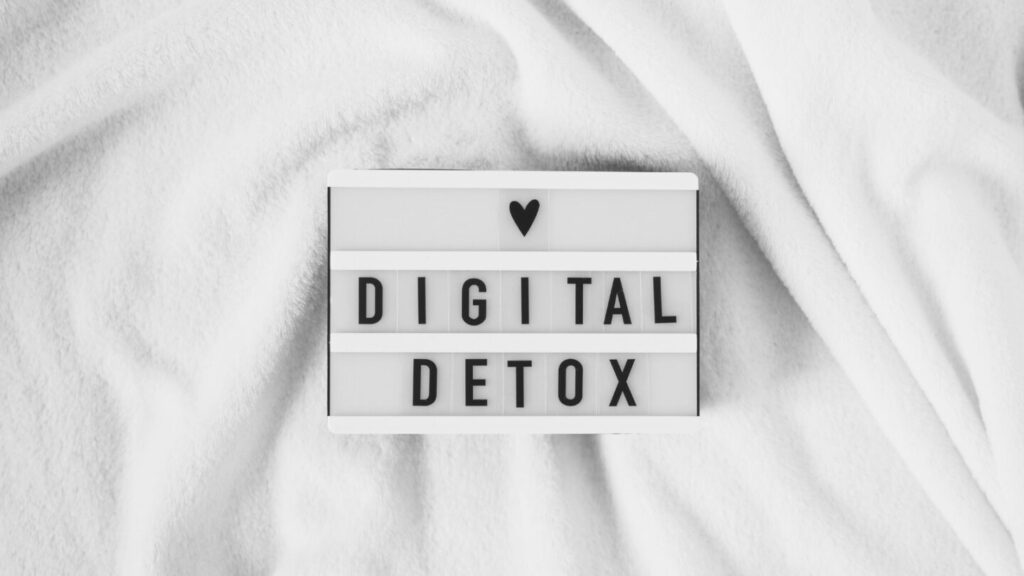
Related Information
I’ve always had a rocky relationship with social media. Back in late 2019, I did a social media cleanse. Here’s how it went, and maybe it’ll inspire you to do one too.
Remember, social media isn’t all bad. Here are some benefits of having an online identity.
Click here for more information about keeping safe online.
If you need to talk to someone about anything covered in this blog, you can talk to Meic – the national information, advice, and advocacy helpline for under 25’s in Wales. They’re open between 8am-midnight every single day. You can contact them by phone (080880 23456), text (84001), or online chat.
